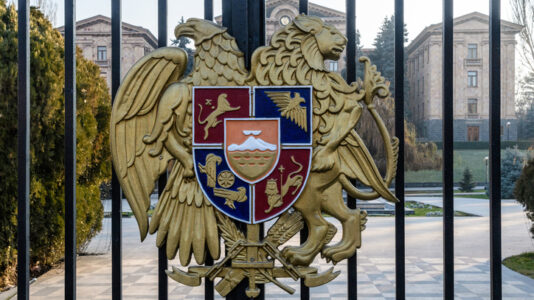Following the German national election last month, the Alternative for Germany (AfD) is soaring to new heights in polling and closing in on the lead party, the Christian Democrats (CDU).
The latest YouGov poll has the AfD at 24 percent, with the CDU only at 26 percent. At the same time, the Left Party continues to gain ground.
Sonntagsfrage von YouGov zur Bundestagswahl: CDU/CSU 26 % | AfD 24 % | SPD 15 % | GRÜNE 12 % | DIE LINKE 10 % | BSW 5 % | FDP 3 % | Sonstige 4 %
➤ Übersicht: https://t.co/Gzilw3J3L9
➤ Verlauf: https://t.co/Zh9Dkcic7w pic.twitter.com/4EsXhU9BEB
— Wahlrecht.de (@Wahlrecht_de) March 26, 2025The polling data comes right after an Insa poll had the AfD at a new record high of 23.5 percent.
The federal election, which occurred on Feb. 23, had the AfD at only 20.8 percent, while the CDU earned 28.5 percent. The new results represent a sharp reversal in the AfD’s favor. It comes at a time when the major parties of the SPD and the Greens are pushing for a ban of the AfD, which is now the second-largest party in the country.
The poll also had bad news for the SPD, which only earned 15 percent of the vote, as opposed to the 16.4 percent it earned on election day. That result, however, was still the lowest result the party ever achieved in post-war Germany.
The Left Party’s polling results show 10 percent of voters would choose the party, up from the 8.8 percent it earned on election day.
The BSW, led by Sahra Wagenknecht, would receive 5 percent of the vote. The party just missed entering parliament after it came in just under 5 percent in the elections, missing the mark by just 14,000 votes.
These polling results may not matter for some time, as national elections are next scheduled for four years from now. However, the polling may serve as an unofficial referendum on the actions of the CDU and SPD. The CDU, in particular, promised a sharp turnaround on migration and not to take on more debt before the elections. However, both of those promises appear to have been thrown out the window by chancellor candidate Friedrich Merz, who is taking on approximately a trillion in debt and bending to the SPD’s demands on immigration.
The popularity of the AFD should also temper efforts to ban the party, but at the same time, they may only serve as further motivation for the other parties to move forward with a ban, out of fear that their democratic rival may end up getting more votes than them.






